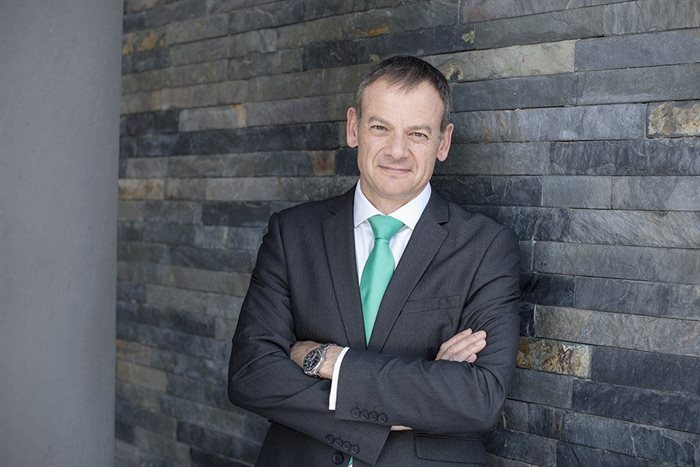By some estimates, over 90% of the world's organisations are small and mid-sized businesses (SMBs) - the backbone of the global economy. As such, they have a vital role to play in advancing sustainability, social justice, and responsible business for the good of their wider societies.

Pieter Bensch, executive vice-president, Africa, Middle East, Asia and Australia at Sage
Forward-thinking SMBs are considering how environmental, social and governance (ESG) factors will affect their businesses. While they are not yet as closely scrutinised for ESG factors as their larger counterparts, SMBs that run sustainable operations can gain a competitive edge in their market.
Looking at ESG criteria more closely, some relate to how any responsible business should operate. The right things in terms of ESG are also often the right things in terms of growing and sustaining a business – SMBs can do well by doing good.
What is ESG all about? Let’s break it down:
- E is for environmental criteria and considers how a company performs as a steward of nature.
- S is for social and examines how an organisation manages relationships with employees, suppliers, customers, and the communities in which it operates.
- G is for governance and relates to how the company is managed.
Good governance ensures a business is well run, compliant, and financially sound. Social factors promote better relationships with communities, customers, suppliers, and employees. Adopting environmentally responsible ways of doing business can help a company reduce waste and become more efficient.
SMBs already thinking about sustainability
Sage research shows that South African SMBs are already considering these issues. Our Small Business, Big Opportunity study found that 51% of SMBs in South Africa were most likely to become more sustainable as a business in the next year. They would make changes such as developing more sustainable products to sell (35%), recycling and reducing waste (34%).
Why would South African SMBs prioritise ESG, especially when trying to keep their heads above water in an environment of rising inflation, load shedding, and economic uncertainty? The simple answer is that companies of all sizes are under pressure to show how they address climate risk and manage ESG.
Those not doing the right things regarding environmental stewardship, diversity and inclusion or social responsibility could experience reputational harm. Depending on their size and industry, they might face legal or regulatory consequences for not living up to their ESG responsibilities.
In addition, most larger companies scrutinise their supply chain partners to ensure they meet basic ESG criteria. SMBs that don’t meet the standard may risk losing customers or suppliers. Furthermore, investors and banks will increasingly add ESG credentials to their criteria when investing in or lending to SMBs.
Joshua Parker 21 Jul 2022
An opportunity, not a compliance burden
Proactive SMBs recognise ESG as an opportunity. Those that embed good ESG practices into their businesses can improve their brand and reputation in the market. Given that we can expect more regulation, especially concerning carbon emissions, they also have the chance to get ahead of the curve.
SMBs that walk their ESG talk may also gain an advantage in recruiting talent and winning customers, especially young people. McKinsey notes that 18% of Generation Z consumers in South Africa look for vegetarian or vegan options when buying food, while 38% of consumers regularly make sustainable packaging choices.
ESG is a complex field, which means getting it right, much like digital transformation, will be a multi-year journey. There is a lot for the average SMB to think about, but now is the time to start. A good place to begin is by considering where your company can make a difference. Is there a way to reduce energy and materials used to save money and help the climate?
How can you help address unemployment in your community or work with NPOs to meet their goals? What more can be done to address discrimination in your supply chain? Choosing realistic and measurable goals – and working to achieve them – will set you on the right path to becoming a business that is sustainable in all senses of the word.




































